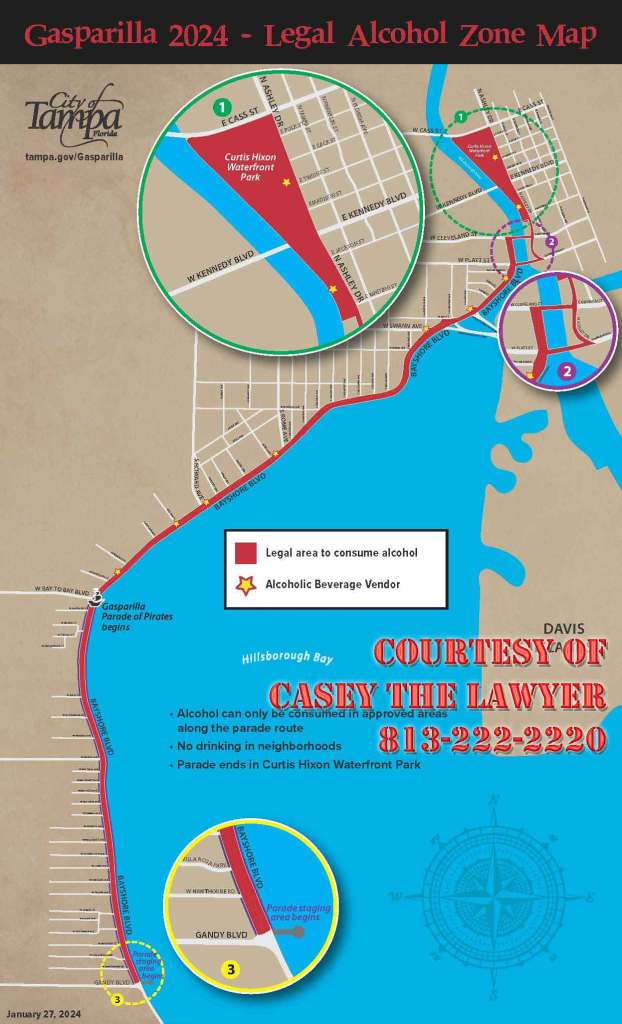When Are Drivers Not Eligible for a DUI Hardship License?
In this article, we’ll talk about when drivers are not eligible for a DUI hardship license. A DUI hardship license can be a lifesaver for individuals whose regular driver’s license has been suspended or revoked due to a DUI-related offense. It allows them to drive for essential purposes, such as work or school. However, not everyone is eligible for this type of license. There are specific situations that make you ineligible for a hardship license, and we’ll explain them in a friendly, easy-to-understand way.

(813) 222-2220 – Get Answers From An Expert
Second and Subsequent DUI Refusal to Submit to Chemical Test
One of the situations that can make you ineligible for a DUI hardship license is having a second or subsequent DUI refusal to submit to a chemical test. This means that if you’ve been charged with a DUI, and you refuse to take a chemical test on multiple occasions, you won’t be eligible for a hardship license. The details of this can be found in Florida Statute 322.271 (2)(a).
DUI with Serious Bodily Injury and Multiple Prior DUI Convictions
If you’ve been convicted of a DUI that resulted in serious bodily injury and have two or more prior DUI convictions on your record, you are not eligible for a DUI hardship license. Serious bodily injury cases are taken seriously, and the law does not permit the issuance of a license in such circumstances. This information is available in Florida Statute 322.271 (2)(a).
DUI Conviction with a Five or Ten-Year Revocation
In some cases, if you have a DUI conviction that led to a five or ten-year revocation of your driver’s license, you won’t be eligible for a DUI hardship license. The severity of the revocation period depends on the specific circumstances of your DUI case. Details about this can be found in Florida Statute 322.271 (2)(a).
Driving with Unlawful Blood Alcohol Level with Multiple DUI Convictions and/or Multiple Prior Refusals
Driving with an unlawful blood alcohol level while having two DUI convictions and/or two prior refusals can make you ineligible for a DUI hardship license. It’s important to understand that repeated offenses can result in stricter consequences, and a hardship license may not be an option. You can refer to Florida Statute 322.271 (2)(a) for more information.
Possession of Some Controlled Substances (Felony)
Another situation that makes you ineligible for a DUI hardship license is being charged with the possession of some controlled substances as a felony. If you’re facing felony drug possession charges, you won’t be eligible for a hardship license. The relevant statute for this is Florida Statute 322.27 (6).
Fail to Pay Fines, Fail to Appear (D6 Suspensions by Court or Clerk)
If you’ve failed to pay fines or appear in court for certain offenses (D6 suspensions by court or clerk), you may not be eligible for a license. It’s essential to fulfill your legal obligations and address any fines or court appearances as required by the law. You can find further information in the relevant Florida Statute.
Financial Responsibility Suspensions (Uninsured Crash Loss)
Drivers who face financial responsibility suspensions due to uninsured crash losses are also not eligible for a DUI hardship license. It’s crucial to maintain proper insurance coverage and take responsibility for any financial obligations related to accidents. Refer to Florida Statute for specific details on this situation.
Conclusion: In summary, a DUI hardship license can be a valuable solution for individuals facing driver’s license suspensions due to DUI-related offenses. However, there are specific situations where drivers are not eligible for such a license. It’s important to be aware of these situations and the corresponding Florida statutes to ensure compliance with the law. If you need legal assistance in navigating these complex issues, you can contact Casey at (813) 222-2220, who has the experience to guide you through the process. Remember, understanding the eligibility criteria for a license is essential for making informed decisions and abiding by the law.






